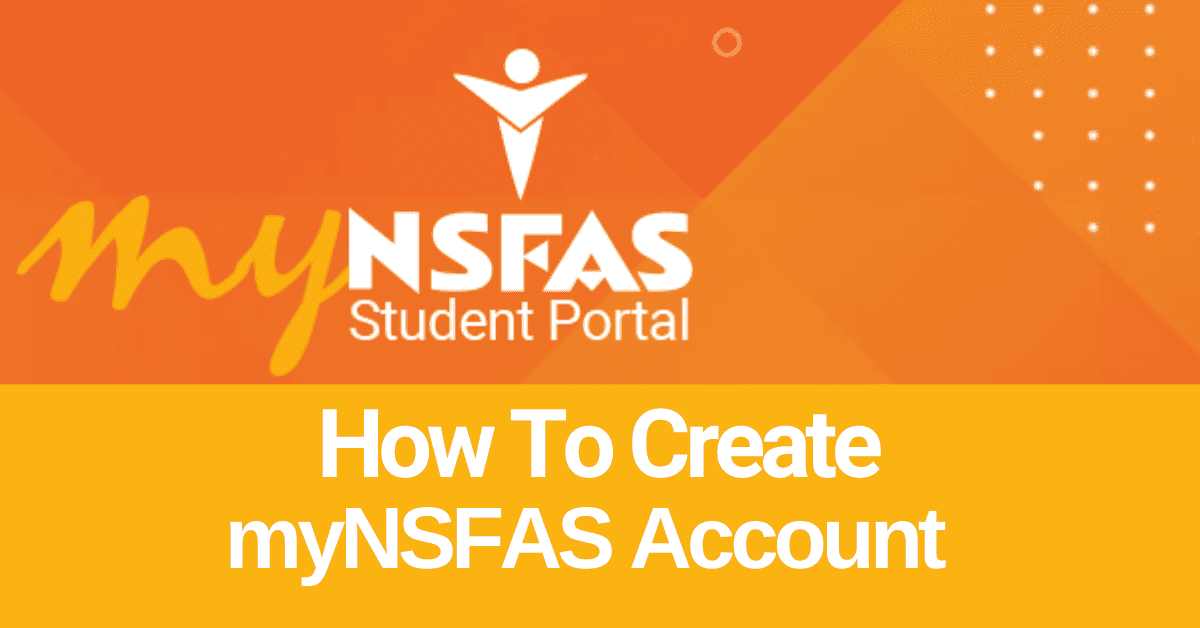What Is the Difference Between Nsfas And Fundi? Well Read!

What Is the Difference Between Nsfas And Fundi? Well Read!
If you are looking to fund your tertiary education in South Africa, both NSFAS and Fundi are exceptionally common ways to get financial assistance. However, the two programs work significantly differently, and you should carefully evaluate which suits you best. Here’s everything you should know about both institutions to make the right decision.
Contents
What Is The Difference Between Nsfas And Fundi?
While there is some confusion because NSFAS uses the Fundi system to help them disburse your payments, they are not the same thing. Both provide financial assistance to students in South Africa, but they are different entities and work differently.
NSFAS is a government-funded financial aid scheme in South Africa. It provides financial support to academically deserving students from disadvantaged backgrounds who cannot afford to pay for their tertiary education. NSFAS offers a bursary to cover tuition fees, accommodation, and study materials, as well as a living stipend. NSFAS does not offer loans but rather a bursary that does not need to be paid back. NSFAS will only fund your first tertiary education qualification and no longer cover post-graduate programs. They also have strict eligibility criteria you must meet to be funded.
Fundi, on the other hand, is a financial services provider in South Africa that specializes in providing student loans and other financial products to assist students in funding their education. You may remember them as Eduloan. Fundi is a private company and operates independently of the government. Unlike NSFAS, Fundi offers financial products and services beyond student loans. Additionally, you should realize that these are loans, not bursaries. Fundi’s loans have interest rates and repayment terms you will need to agree to. However, anyone can apply for Fundi funding, not just underprivileged students.
While both help deserving students to fund their studies, they are very different products, and it is important to understand the differences.
Nsfas And Fundi Requirements
The requirements for NSFAS and Fundi are quite different, as they work in different ways and target different students. Here are some of the basic requirements for each:
NSFAS:
- Must have South African citizenship or permanent residency.
- Applicants must come from households with a combined annual income below R350,00 (in 2023) unless they have a disability when the limit rises to R600,000.
- You can only study at an approved public University or TVET college.
- You need to meet the academic standards of the institution and course.
- You can only apply for your first tertiary qualification.
Fundi:
- Fundi also needs South African citizenship or permanent residency, although they will occasionally support international students studying in South Africa or non-citizens.
- Cover a wider range of institutions, including private universities.
- Cover all sorts of educational programs, including postgraduate and diplomas, which NSFAS does not.
- Instead of a household means test, you must be able to pass standard credit assessment criteria and be able to repay the loan.
- Typically, you will need an adult loan guarantor with a good credit history and stable income.
Funding And Eligibility (NSFAS and Fundi)
As Fundi is a lower-cost student loan program open to any student, and NSFAS a government-backed bursary scheme specifically targeting disadvantaged South African students who cannot afford to pay for their tertiary education, they have different funding methods and eligibility requirements. We’ve covered these above, but let’s recap:
- NSFAS: Offers bursaries that do not need to be repaid at any point. However, students must be from a disadvantaged background, and the ‘household income test’ is a critical part of NSFAS eligibility- your combined household income cannot exceed the year’s threshold, which is currently R350,000. They only cover your first tertiary education qualification, and it must be done through a TVET college or public university. NSFAS are strict about what the money can be spent on- living expenses, textbooks, and the program itself, with some students receiving accommodation coverage.
- Fundi: Is a student loan program. While cheaper than most bank-based student loans, there is still interest, and you will need to repay the principal as well. Fundi are more flexible on what you can spend the money on, and don’t have an income threshold- instead, you and your guarantor must be able to pass a credit check and demonstrate the ability to pay back the money. You can use Fundi at any educational institution and for any type of study.
Types Of Funding (NSFAS and Fundi)
The key difference between NSFAS and Fundi lies in the type of financial support you receive. Fundi is a lower-cost student loan option that must be repaid but offers great flexibility in where and how the funds can be used. NSFAS is a bursary with no need for repayment but strict eligibility criteria based on need.
What Does Each Cover?
Hopefully, you now have a greater understanding of what Fundi and NSFAS cover and how they differ. Don’t forget the key difference: NSFAS primarily focuses on providing financial aid to financially disadvantaged students based on their household income, while Fundi offers loans to a broader range of students and considers factors such as creditworthiness and the ability to repay the loan. NSFAS only covers textbooks, a living stipend, and your institution fees, with some room for accommodation allowances depending on your circumstances. Fundi can be used for any education-related expense- but remember you will have to repay that loan with interest and be sensible about the loan you take!
Both NSFAS and Fundi have their own eligibility criteria and application processes, so it’s a smart idea to visit their respective websites or contact them directly for detailed and up-to-date information on your specific funding options and eligibility requirements.




